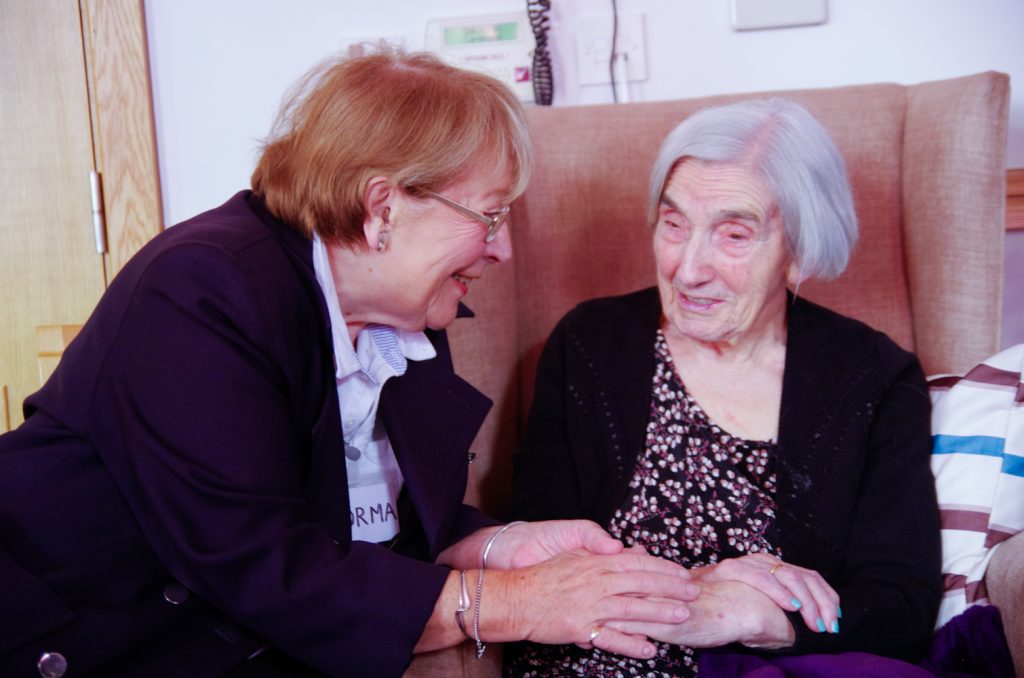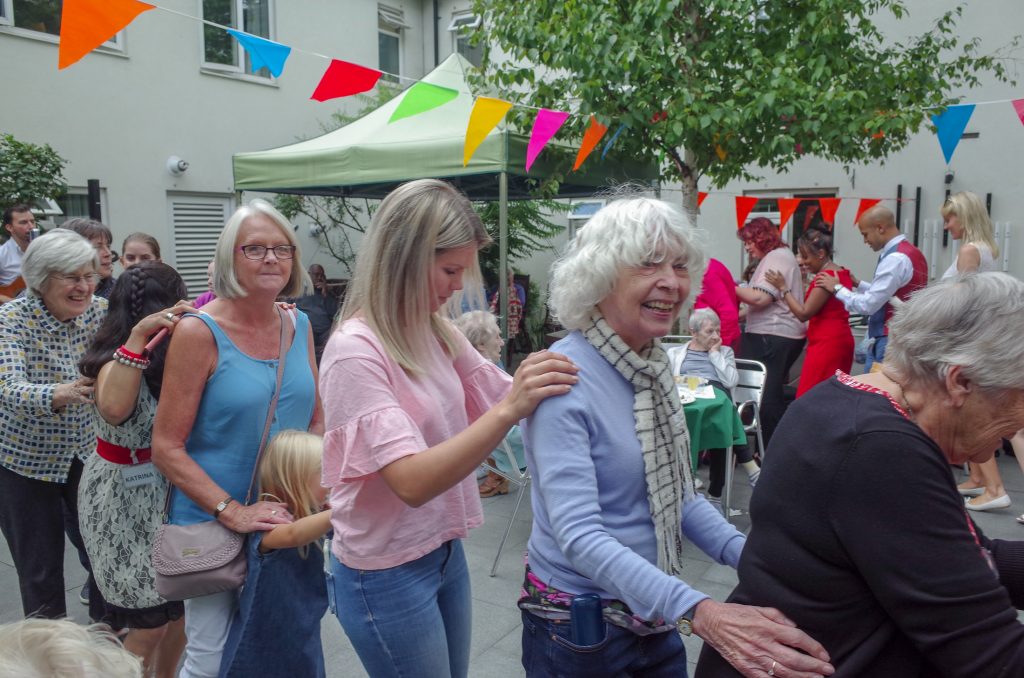Back in early September, Prime Minster, Boris Johnson announced the introduction of a new tax. It is intended to cover shortfalls in health and social care and clear backlogs caused by COVID-19. Johnson expects the new social care tax to raise £12bn per year by raising National Insurance (NI) contributions by 1.25%.
An initial portion of the money raised will go to help cut NHS waiting lists. However, the health and social care sector is also in line to receive funding further down the line. The tax will be collected via the NI contributions of employers, employees and self-employed workers. It will be listed on paperwork as a health and social care levy and will come into effect from April 2022. Unlike standard NI contributions, the levy will also be paid by older people who are drawing a state pension and still working.
What Are The Financial Effects of the Social Care Tax Changes?
People eligible to paid the new health and social care levy will see their NI contributions increase by 1.25p in the pound. According to BBC ,this translates into figures of around £130 per year more for someone earning £20,000 per year. Or £1,130 per year more for someone on £100,000. Anyone earning less than £9,564 per year and therefore ineligible to pay NI contributions will also not be obliged to pay the new tax (figures correct at the time of writing).

The social care tax will apply across the UK, but will help fund health and social care in England. Scotland, Wales and Northern Ireland will receive an additional £2.2bn to spend on their care services. Money raised will be legally ringfenced to ensure that it is only spent on health and social care costs.
How Will it Affect People in Residential Care?
Over the first three years, the non-NHS proportion of the money raised will be allocated to the social care system. This will fund initiatives and resources to help people with high social care needs, including eligible people living in residential care. Assistance with tasks such as washing, dressing, taking medication and eating will count as high social care needs. People living in residential care in England will also benefit from an aim to ensure that no one will have pay more than £86,000 for their care costs from October 2023. This figure doesn’t include accommodation or food costs.

It is hoped that the social care tax will ensure that more people will be able to access the level of care they need. It will also help more people retain more of their savings and leave a bigger inheritance to loved ones. Anyone with assets and savings worth less than
£20,000 (including their home) will have the full cost of their care met by the state. Currently, you need to have a very high level of social care needs and assets worth less than £23,250 to meet the criteria for full care funding. People with assets above the lowest threshold for help but lower than £100,000 will receive some state help with funding.
Why Are These Social Care Tax Changes Happening?
A combination of an ageing population, underfunding within the NHS and the COVID-19 pandemic has left the health and social care sector in serious need of cash. Other challenges have included staff shortages and decreases in Government spending. The money raised by the new health and social care levy will be put directly towards easing NHS waiting lists and improving access to higher social care support. Health Secretary, Sajid Javid is expected to lay out further details of how the money will be spent in due course.

The social care tax changes are also intended to reduce the savings and assets thresholds at which people can become eligible for help with care costs. This will ease funding concerns for many and ensure that those who need social care can receive it with fewer issues standing in their way. Johnson said he hoped the new plan would relieve people of ‘the fear of financial ruin from catastrophic care costs’.
Where to Find Out More?
There are some excellent online resources that lay out the tax changes, how they have come about and who will be affected. Good places to start include BBC News website and the official Government website pages .
Alternatively, if you or a loved one is in residential care, your care home manager should be able to offer further advice on how the changes will affect you. Other avenues for support and information include the Citizen’s Advice Bureau, your regular tax accountant, advisor or solicitor

